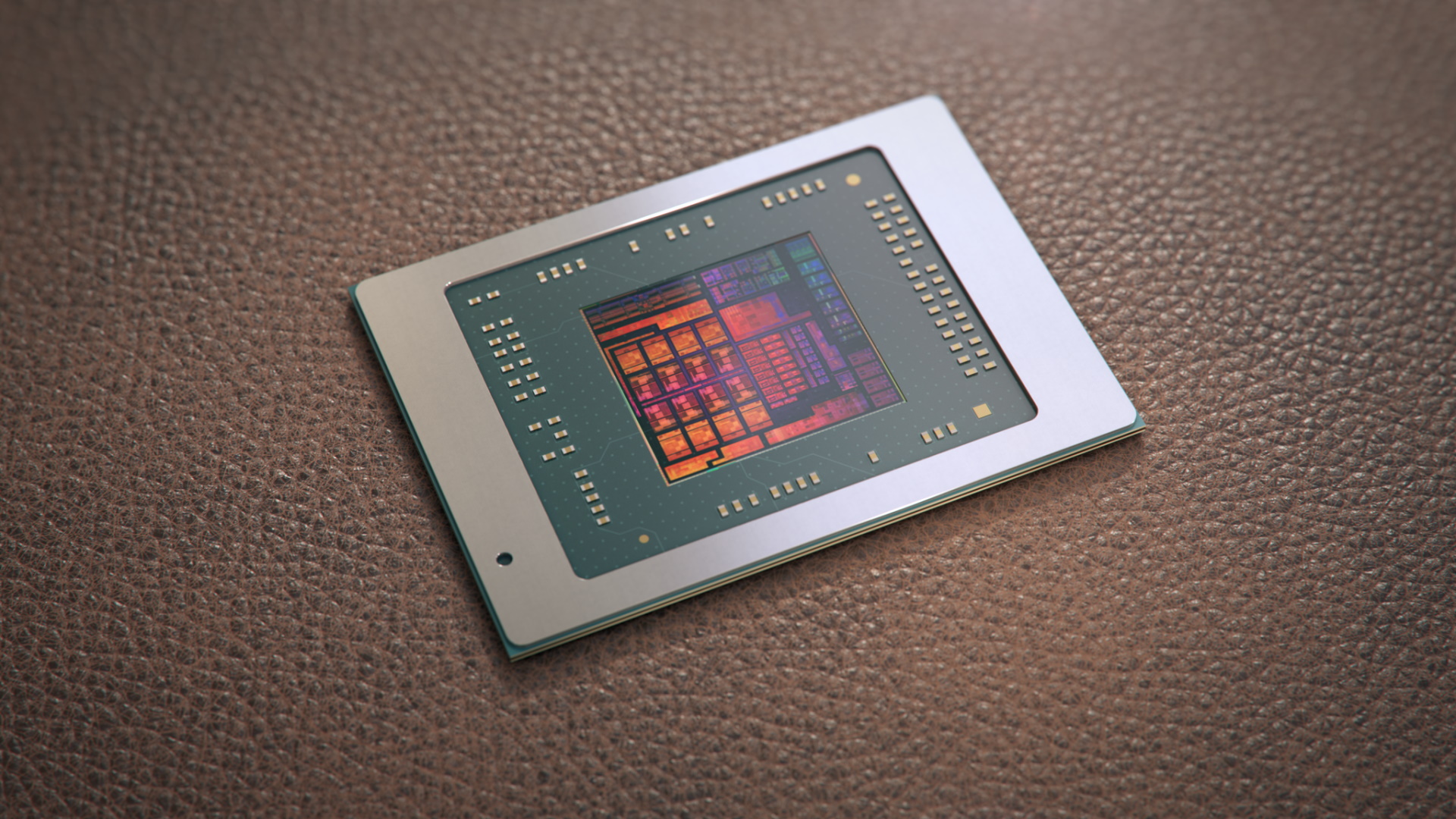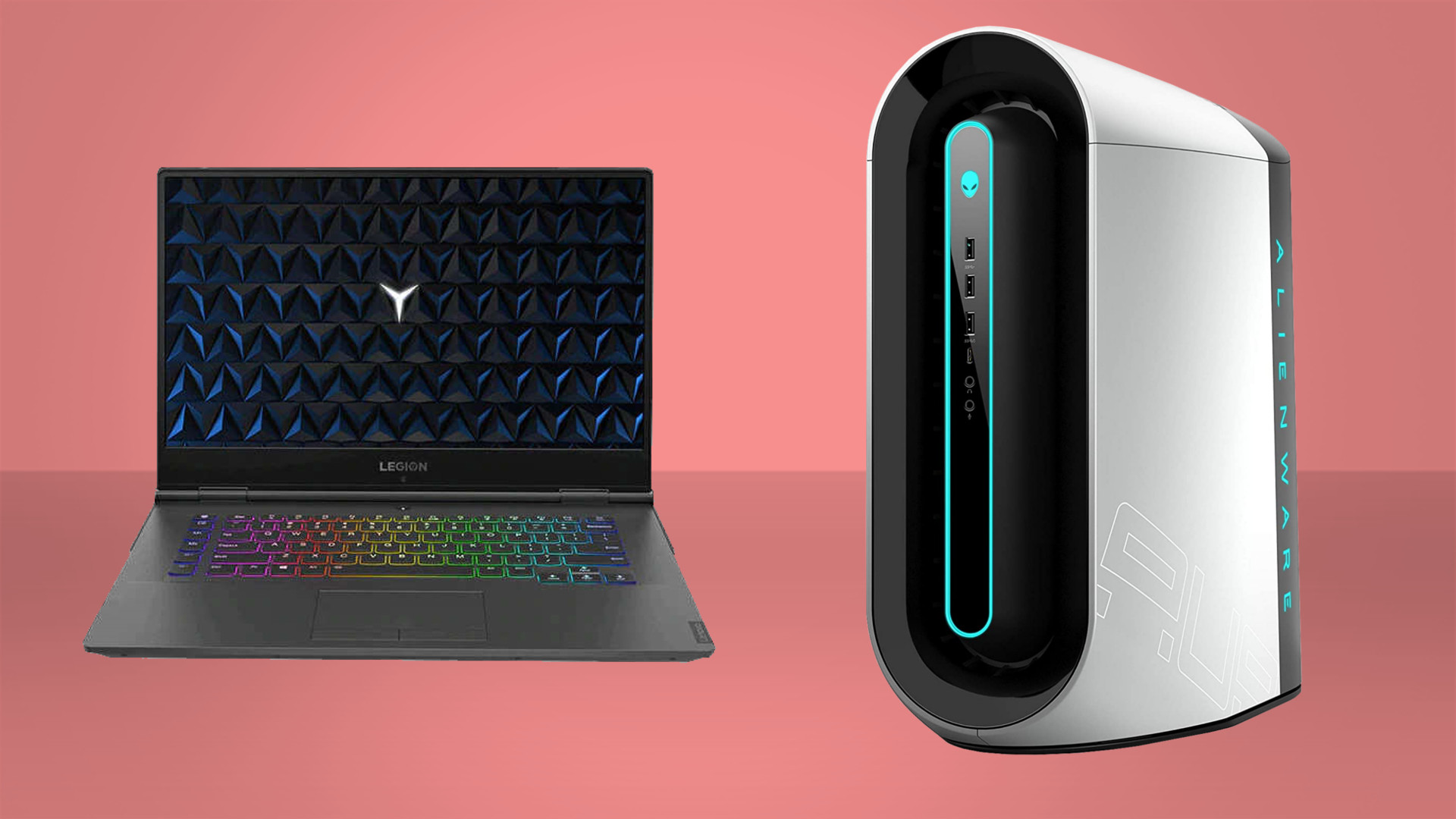There are AMD Ryzen 5000 laptop chips still using the slower Zen 2 architecture instead of Zen 3
The Ryzen 5000 mobile U-series is a mixed bag of architectures: Zen 3 and Zen 2.

If you're interested in picking up one of AMD's flashy Ryzen 5000-series mobile processors in a brand new gaming laptop, there's one thing you should be sure to look out for: whether the chip you're buying is the latest Zen 3 architecture or the slightly older Zen 2 architecture.
It's not a problem we'll run into on the high-end gaming laptops out of the series, those powered by the H-series or HX-series chips, but it could be a cause for confusion with the power-efficient chips found mostly within thin and light laptops.
Essentially, it's a toss-up for the U-series processors as to whether the chip is built using the latest Zen 3 architecture, also found within the AMD Ryzen 5000 desktop processors, or the Zen 2 architecture, which was previously rolled out in Ryzen 4000 mobile processors and Ryzen 3000 desktop chips.
The differences between the two could be pronounced, too, and it's not quite as easy to discern one from the other as you may hope by just looking at AMD's product line-up by name.
Luckily, there is a master list of every chip and its designated architecture direct from AMD so we don't need to guess.
| Header Cell - Column 0 | Architecture | Cores/Threads | Base/boost frequency (GHz) | Cache (MB) | TDP (Watts) |
|---|---|---|---|---|---|
| Ryzen 9 5980HX | Zen 3 | 8/16 | 3.3 / 4.8 | 20 | 45+ |
| Ryzen 9 5980HS | Zen 3 | 8/16 | 3 / 4.8 | 20 | 35 |
| Ryzen 9 5900HX | Zen 3 | 8/16 | 3.3 / 4.6 | 20 | 45+ |
| Ryzen 9 5900HS | Zen 3 | 8/16 | 3 / 4.6 | 20 | 35 |
| Ryzen 7 5800H | Zen 3 | 8/16 | 3.2 / 4.4 | 20 | 45 |
| Ryzen 7 5800HS | Zen 3 | 8/16 | 2.8 / 4.4 | 20 | 35 |
| Ryzen 5 5600H | Zen 3 | 6/12 | 3.3 / 4.2 | 19 | 45 |
| Ryzen 5 5600HS | Zen 3 | 6/12 | 3 / 4.2 | 19 | 35 |
| Ryzen 7 5800U | Zen 3 | 8/16 | 1.9 / 4.4 | 20 | 15 |
| Ryzen 7 5700U | *Zen 2* | 8/16 | 1.8 / 4.3 | 12 | 15 |
| Ryzen 5 5600U | Zen 3 | 6/12 | 2.3 / 4.2 | 19 | 15 |
| Ryzen 5 5500U | *Zen 2* | 6/12 | 2.1 / 4 | 11 | 15 |
| Ryzen 3 5300U | *Zen 2* | 4/8 | 2.6 / 3.8 | 6 | 15 |
As I mentioned before, it's only the U-series processors that may see a possible Zen 2 switcheroo, and with that comes a decrease in overall cache and the loss of the finer points of the Zen 3 architecture that we've come to love on the desktop side of things. That includes a significant instruction per clock (IPC) gain over Zen 2, totalling a 19 percent boost at its best.
Three AMD Ryzen 5000 mobile processors come with Zen 2: the Ryzen 7 5700U, Ryzen 5 5500U, and Ryzen 3 5300U.
The biggest gaming news, reviews and hardware deals
Keep up to date with the most important stories and the best deals, as picked by the PC Gamer team.

Best gaming PC: the top pre-built machines from the pros
Best gaming laptop: perfect notebooks for mobile gaming
Perhaps the most surprising Zen 2-based chip of the lot is the Ryzen 7 5700U, which runs a little slower than the Zen 3-based Ryzen 7 5800U, and comes with just 12MB of cache to the 5800U's 20MB. Both are rated to the same 15W TDP, although the Zen 3 chip will prove more capable within that power budget.
It's not a massive loss for gaming, as while the Zen 3 architecture has proven to be a dab hand in the latest titles, you're unlikely to find a laptop fitted with the low-power U-series announcing great gaming aspirations. Those chips instead tend to be found within more office-focuse thin-and-light laptops.
But the Zen 3 architecture is simply faster across the board, so unless there's a decent deal on a Zen 2-powered laptop, I'd still recommend looking out for those with the newer architecture under the hood.

Jacob earned his first byline writing for his own tech blog. From there, he graduated to professionally breaking things as hardware writer at PCGamesN, and would go on to run the team as hardware editor. He joined PC Gamer's top staff as senior hardware editor before becoming managing editor of the hardware team, and you'll now find him reporting on the latest developments in the technology and gaming industries and testing the newest PC components.

